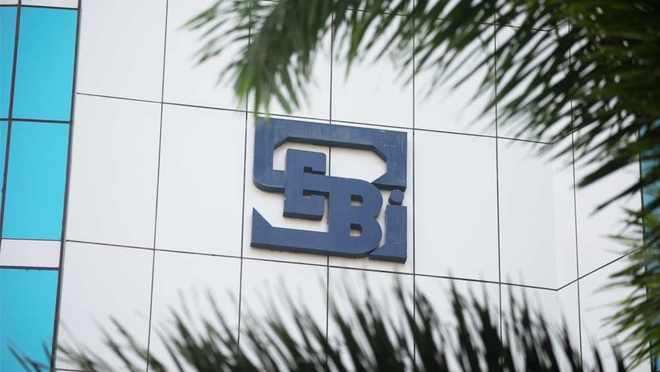
Markets regulator SEBI is reining in the frenzy of derivatives trading. In a circular on July 1, 2024, it said that market infrastructure institutions such as stock exchanges, depositories and clearing corporations must levy uniform charges on stock brokers rather than the existing discounted charges based on their trading volumes.
What it means
Market infrastructure institutions like exchanges currently charge slab-wise fees from stock brokers based on their turnover. The higher the trading volumes brokers generate, the lower their fees are. Exchanges offer this discount to increase trading across segments including derivatives. Brokers charge investors through a similar volume-based structure. The difference between the fees levied on investors and what is paid to exchanges is their additional revenue stream or rebates.
But now, the market watchdog does not want brokers to make this extra cash at the expense of investors. Moreover, the move is aimed to curb the mad rush seen in derivatives and improve transparency of the overall market cost structure.
Who will feel the brunt?
The impact on investors. The rebates earned by brokers form a major chunk of their derivative business revenue. Since the regulatory move pulls the brakes on this source of money, brokerages may be forced to increase prices across the board, even in the spot market. Discount broker Zerodha's founder Nikhil Kamath said the company may have to discontinue its free brokerage structure in the cash segment and increase brokerage charges in the F&O segment. Hence, investors across market segments will now have to account for these increased costs when calculating their expected returns.
The impact on brokerages. The likely loss of income from rebates is already evident from the slump in shares of brokerage companies, especially those that heavily rely on derivatives. For instance, Angel One, which commands almost 20 per cent market share in the F&O segment and earns 70 per cent of its brokerage charges from derivatives, saw its price crash 9 per cent a day after the SEBI circular was issued. Others like Geojit Financial and SMC Global declined about 7 and 4 per cent the same day. The increase in costs for investors may also hit trade volumes in F&O, denting derivative revenue of both brokerages and exchanges like BSE.
Also read: What does the new SEBI order mean for holding company stocks?








